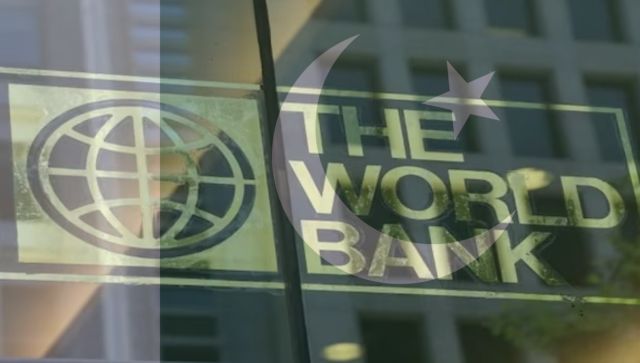The World Bank has advised Pakistan to impose taxes on its agricultural and real estate sectors. The global financial institution has also recommended merging the income tax thresholds for salaried and non-salaried individuals to establish a progressive Personal Income Tax (PIT) system. According to the World Bank’s projections, effective enforcement of taxes on agricultural income and properties could result in an annual tax collection equivalent to approximately 3 per cent of Pakistan’s GDP, which amounts to slightly over PKR 3 trillion (Pakistani Rupee), Geo TV reported. Additionally, the World Bank anticipates approval of a $350 million financial assistance package for Pakistan under RISE-II by its Executive Board. However, as of now, no confirmed date for the board meeting has been announced. Presently, Pakistan exempts annual income up to Rs600,000 for salaried individuals and up to Rs400,000 for non-salaried individuals from income tax. Tobias Haque, the World Bank’s lead economist in Pakistan, stressed the urgency of Pakistan’s fiscal situation, describing its fiscal deficit as unsustainable. “Pakistan is in a very difficult situation as its fiscal deficit is unsustainable. There is a need to undertake a combination of measures to generate revenues and reduce expenditures. We are recommending to tax the rich and wealthy while protecting the poor,” he said Haque, along with the World Bank’s Country Director for Pakistan, Najy Benhassine, briefed a select group of reporters, emphasising the need to simplify Pakistan’s income tax structure. They suggested aligning the income tax structure for salaried and non-salaried individuals to ensure progressivity. Importantly, the World Bank did not propose a reduction in the current income tax threshold. Regarding the possibility of introducing the same income tax structure for salaried and non-salaried individuals, Haque supported the idea but suggested implementing it gradually as part of a broader tax reform. He also highlighted that the tax burden should primarily fall on higher income brackets. The economist underlined that the World Bank has recommended a comprehensive tax package and expenditure reforms to address Pakistan’s unsustainable fiscal deficits. He reiterated the bank’s commitment to safeguarding the interests of the poor by increasing social protection expenditures during the reform process. Haque further detailed that the proposed reforms should encompass reducing subsidy expenditure, eliminating regressive tax exemptions, and enhancing taxation on high-income earners. This includes improving the taxation of agriculture, property, and retail sectors, ultimately increasing the progressivity of the tax system. In response to inquiries about potentially lowering the current income tax exemption threshold for salaried workers earning below the Rs50,000 monthly threshold, Haque clarified, “No, the World Bank certainly does not recommend any reduction in the current nominal threshold. We recommend that Pakistan simplifies its income tax structure, including aligning the income tax structure for salaried and non-salaried individuals, while ensuring progressivity.”
According to the World Bank’s projections, effective enforcement of taxes on agricultural income and properties could result in an annual tax collection equivalent to approximately 3 per cent of Pakistan’s GDP, which amounts to slightly over PKR 3 trillion
Advertisement
End of Article


)

)
)
)
)
)
)
)
)



